GAMVP Insights
Beyond Stereotypes: Creating our Narratives
By Sanzidah
In a world where representation matters, I found myself disheartened by the lack of participation and misrepresentation of the Muslim community. Growing up, my family only engaged in presidential elections, unaware of the broader impact of local and state-level races. It was frustrating to see my parents express dissatisfaction with candidates and policies, yet feel powerless to effect change. As a Hijabi girl, I also grappled with the pervasive narratives that misrepresented and misunderstood my identity. However, my journey at Georgia Muslim Voter Project (GAMVP) offered a beacon of hope and empowerment amidst this disillusionment.
As I became more politically aware, I realized the importance of representation and controlling our own narratives. The media often portrayed Hijabi girls like me as oppressed and in need of saving, a narrative that didn't resonate with my reality. I yearned for representation that reflected the complexity and diversity of our community, rather than perpetuating stereotypes. It was this desire for authentic representation that drew me to GAMVP.
GAMVP's commitment to educating and mobilizing Muslim voters resonated deeply with me. Finally, there was an organization dedicated to empowering our community and amplifying our voices in the political arena. At GAMVP, I found a community of dedicated, smart, and active young people who shared my vision for change.
My involvement with GAMVP provided me with a platform to advocate for issues that mattered to me and my community. I didn't agree with many of the bills being passed, and I found myself rolling my eyes at the disconnected speeches of candidates who failed to understand our lived experiences. I knew that real change could only come from having people who looked like me represent us in local and national offices. GAMVP encouraged me to take action and make my voice heard.
Through GAMVP, I was able to connect with the Muslim community, educate them about the political landscape, and emphasize the importance of voting and participation. This built stronger ties within our community and empowered each other to become agents of change. By engaging in conversations, going to mosques to get the youth involved, and going to college campuses to register voters, not only did we build stronger community toes and teach the younger generation the importance of staying politically active I was also able to challenge stereotypes and reclaim our narratives.


